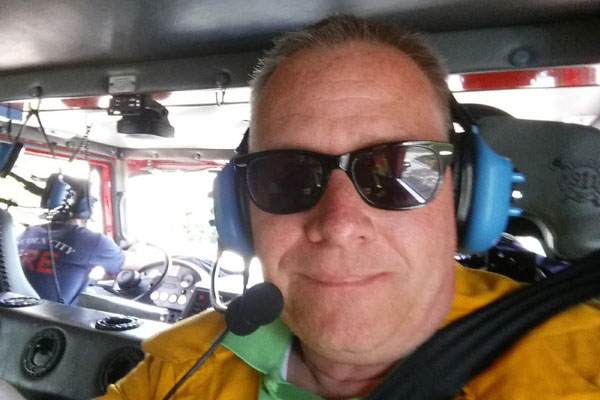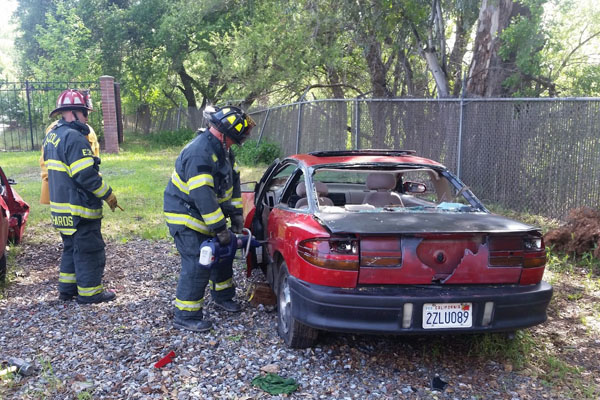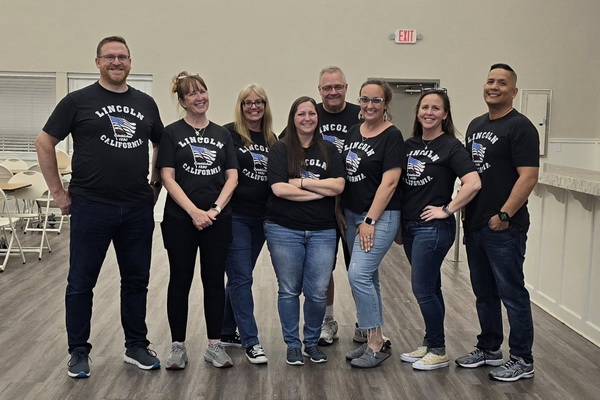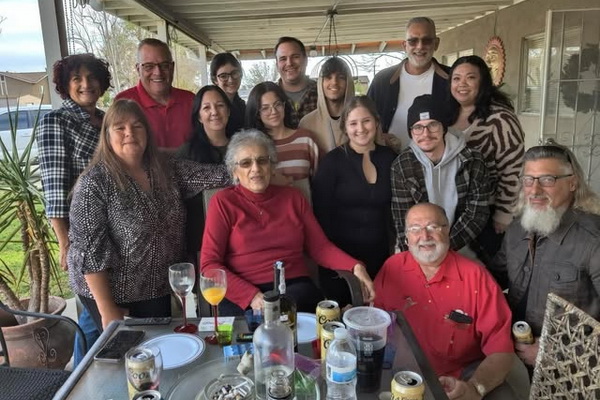What young lad hasn’t dreamt of riding in a fire truck, sirens blazing, racing through the streets?
Back in 2016, I grabbed lunch with a buddy – pizza, naturally – and he brought along a pal who happened to be a local firefighter named Mark. I mentioned my childhood aspiration of hopping into a fire truck, and Mark, who was actually a Captain in the Lincoln Fire Department, enlightened me about something called a “ride along.” He kept urging me to give it a shot over the following months, and though I was initially unsure, I eventually caved in. And boy, was it awesome!

I spent a whole day at a nearby fire station, which was super cool. They even had one of those firefighter poles, but alas, no sliding allowed. The day turned out to be slow and uneventful, with all calls revolving around medical emergencies due to the nearby retirement community. Still, the rush of responding to calls, scrambling into the fire truck, and speeding off was exhilarating.
Firefighting is way more intricate than we realize. When a call comes in, the fire truck’s GPS guides them to the scene. Contrary to popular belief, fire trucks aren’t speed demons; they’re massive and move slowly. And the firefighters? They’re remarkably composed, chatting calmly about everything from stubborn drivers to family matters as we race through the streets.
The standout moment was witnessing the training session. Another crew from a neighboring station showed up for some practice with the jaws of life. It hit me then just how crucial their work is. Those tools can slice through anything, from car doors to entire roofs, in seconds.

Which brings me to the Lincoln Public Safety Foundation. At our recent meeting, a firefighter stressed the need for a Forcible Entry Conex Training Box. Essentially, it’s a shipping container outfitted with various entry points—windows, doors, and such—allowing firefighters and police officers to train for home entry scenarios.
Training is paramount for firefighters, mandated by the state with a set number of hours per year. Despite Lincoln’s population of just over fifty thousand, resources for training are limited. Nearby Roseville has better facilities, but they’re stretched thin, serving multiple communities and dealing with insurance complications. Plus, when Lincoln firefighters train elsewhere, it reduces the city’s firefighting capabilities, which is a no-go.
The Forcible Entry Conex Training Box solves many of these issues. Our local heroes can train locally, whenever they need, without compromising firefighting capabilities. And it’s not just firefighters who benefit; the police department can use it too.
The Lincoln Public Safety Foundation is eyeing the Forcible Entry Conex Training Box as its next goal, and I couldn’t be more thrilled. We’ve got a laundry list of initiatives, but this one feels especially vital to me.
I should mention that “Mark” is actually Mark Macias, now a retired fire captain, who is also on the Lincoln Public Safety Foundation.



